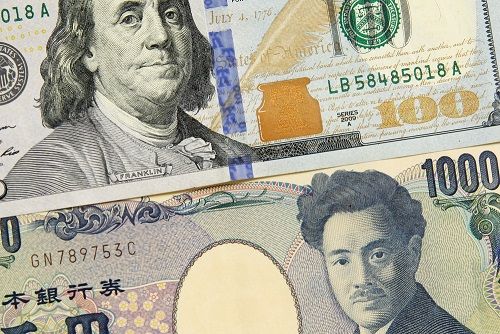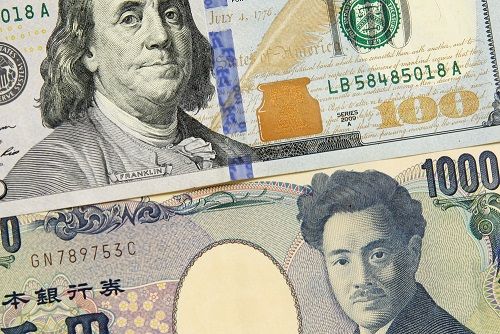Oil markets mixed as Exxon and Chevron beat profit estimates, Saudi drilling hits 20-year low

Oil markets stayed stuck on the fence Friday after Exxon Mobil and Chevron both posted stronger-than-expected profits, even as Saudi Arabia’s drilling activity dropped to its weakest level in 20 years.
The contrast was sharp; American production is breaking records while Saudi rigs keep falling, giving traders no clear direction on where oil prices are heading.
According to reporting from the companies’ earnings and market data from CNBC, Exxon’s oil and gas production last quarter was the highest it has seen for any second quarter since Exxon and Mobil merged over two decades ago.

Darren Woods, the chief executive of Exxon, said the results “proved the value of our strategy and competitive advantages,” despite lower oil prices and global uncertainty. U.S. President Donald Trump’s decision to raise global tariffs only worsened the drop in demand expectations, with Brent crude falling 11% during the quarter after OPEC producers turned on the taps and increased supply.
Chevron closes Hess deal, reopens Venezuela exports after license return
Chevron didn’t miss either. The company’s second-quarter profits also came in higher than what analysts expected, helped by record-level oil and gas output and a tight rein on capital spending.
Chevron had just shut down a legal roadblock from Exxon to complete its $55 billion purchase of Hess, giving it a stake in the Stabroek Block, a major offshore field in Guyana operated by Exxon. The company is counting on that field to keep profits flowing well into the 2030s, even if crude prices stay unpredictable.

Chevron is also resuming crude exports from Venezuela this month. That follows a license issued by the U.S. Treasury Department allowing Chevron to carry out swap deals with Venezuela, which is still under U.S. sanctions.
Chief Executive Mike Wirth said during the earnings call that the first shipments would be “a limited amount,” and he doesn’t expect them to have much of an impact on the company’s third-quarter financials. Those exports had been frozen since April when PDVSA, Venezuela’s state oil company, canceled scheduled cargoes due to unpaid invoices.
Back in March, Trump’s White House revoked the Chevron license that had originally been granted under former President Joe Biden, forcing the company to wind down activities by May. But a prisoner exchange between Washington and Caracas last month helped turn things around. Congress also pushed for Chevron to regain access to Venezuelan barrels, aiming to keep those supplies from going to China.
Saudi rig count dives as focus turns to natural gas
While American firms are scaling up, Saudi Arabia has been doing the opposite. Its oil rig count sank to 20 in July, down from 46 in early 2024, the lowest since February 2005.
That’s six straight months of cuts, after Riyadh decided to walk away from plans to increase Aramco’s output capacity to 13 million barrels per day. They’re sticking to 12 million instead.
That drop matters because Saudi Arabia is the world’s biggest oil exporter, and rig counts give clues about future supply. But while drilling for oil is down, drilling for natural gas is way up. The country wants to save 1 million barrels of crude per day by 2030 by switching over to gas in its own power plants.
Aramco’s chief executive Amin Nasser said in May that more than half of the company’s upstream investment this year has gone to gas projects.
Saudi Arabia had earlier planned to sell that gas abroad in the form of blue ammonia, but now it’s reconsidering. A Bloomberg report claims that officials are looking at different options to export gas more efficiently. Still, even with gas rigs climbing, the country’s unconventional gas programs haven’t fully made up for the dip in oil activity.
And that’s hitting service companies hard. Aramco signed 23 gas rig contracts worth $2.4 billion back in June. Another group of deals that was originally expected earlier this year has now been pushed back to the fourth quarter. That delay is making life even tougher for rig suppliers already dealing with lower demand, especially with more oil fields moving into rigless operations as they mature.
Cryptopolitan Academy: Want to grow your money in 2025? Learn how to do it with DeFi in our upcoming webclass. Save Your Spot







